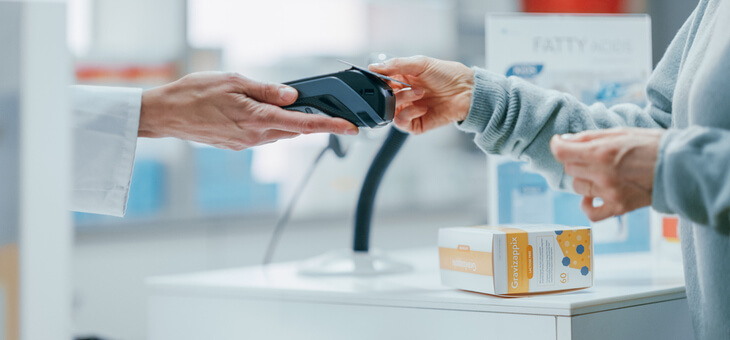The price of some prescription drugs listed on the Pharmaceutical Benefits Scheme (PBS) could actually rise after the election, despite promises from both major parties to cut the cost of medicines.
The PBS provides millions of Australians with cheaper access to a wide range of medications at an affordable price. It is a lifeline for some of Australia’s most vulnerable and many voters are keen to see it strengthened.
Just over two weeks ago, Prime Minister Scott Morrison made a pitch to the nation that the Coalition would slash the cost of the PBS co-payment by $10 – to $32.50 – to help ease rising living costs.
Only a few days later, at Labor’s official campaign launch, Opposition Leader Anthony Albanese unveiled a promise to reduce the co-payment by $12.50 per script, down to a flat $30.
Read: The cost of cancer – not all treatments are covered by the PBS
For customers to see any benefit from these cuts, their medication would need to cost more than $32.50 under Liberal and more than $30 under Labor.
But analysis from News Corp reveals that less than 12 per cent of medicines listed on the PBS cost more than $30 and, in fact, the price of 294 medicines could rise under Labor’s plan, and 245 would rise under the Coalition’s.
Under the rules now, pharmacies are only able to offer a discount on medicines that cost less than the PBS co-payment of $42.50.
When the co-payment drops to $32.50 under the Coalition and $30 under Labor, prescription medication priced between these new rates and the old rate will no longer be discounted.
Read: New PBS-listed drugs set to save Australians thousands
For example, a 150mg script for the pain medication pregabalin is listed at $31.53 on the PBS, below the current co-payment.
Chemist Warehouse sells pregabalin to patients at $14.99 per script. Under Labor’s plan, the retailer would no longer be able to discount the drug and the cost would jump to $30.
Other commonly prescribed drugs that would increase in price include the antidepressant desvenlafaxine, thyroid drug levothyroxine, pain medication oxycodone and some liquid forms of the asthma treatment salbutamol.
Read: Cost of living and aged care reform top list of election priorities
Research commissioned by the Pharmacy Guild shows the cost of prescriptions is a key issue with voters, with more than 30 per cent of respondents answering that they were struggling to afford medicines on the PBS.
Shockingly, 17 per cent of voters also answered that they, or someone in their family, had had to go without medicine they needed due to the cost.
CEO of the Australian Patients Association (APA) Stephen Mason says the issue of affordability of medication is also a constant subject in its research.
“Our research has found that almost 36 per cent of people believe that prescription medication is too expensive and 20 per cent of people say it’s outside of their regular budget,” he said.
With thousands struggling to pay for needed medications, are the major parties’ promises nothing more than headlines for the nightly news?
If you enjoy our content, don’t keep it to yourself. Share our free eNews with your friends and encourage them to sign up.

